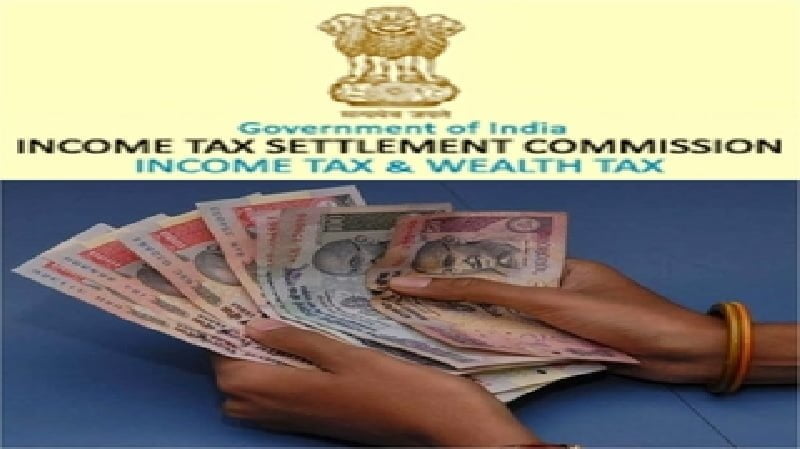

The relationship between the management fees and the ownership interest was steady over the years.
#2532042420 IRSS LAWSUIT PRO#
The management fees were not exactly pro rata among the shareholders, but they roughly corresponded to the shareholder percentage interest. Management Fees Roughly Correspond to % Ownership The Tax Court cited several cases to support the determination that when there are available profits, the absences of dividends gives rise to an inference that some of the compensation really represented a distribution with respect to the corporation stock.

Indeed, no evidence indicates that petitioner ever made distributions to its shareholders during its entire corporate history.” Aspro at 22. In Aspro, “petitioner made no distributions to its three shareholders, but paid them management fees each year.

The Court used a facts and circumstances test (i.e., they were not bound by the labels attached in legal documents) to determine whether the payments “are in fact payment purely for services.” If the Tax Court determines that the payments are distributions to shareholders disguised as compensation, then the payments are not deductible. The test of deductibility in the case of compensation payments is whether they are reasonable and are in fact payments purely for services. There may be included among the ordinary and necessary expenses paid or incurred in carrying on any trade or business a reasonable allowance for salaries or other compensation for personal services actually rendered. Furthermore, the taxpayer was also required to prove that the amount of each individual’s compensation was “reasonable”, which is only such an amount as would ordinarily be paid for like services by like enterprises under like circumstances. had to prove that the management fees were ordinary and necessary. In this case, that meant that Aspro, Inc. In Tax Court the Taxpayer generally bears the burden of proving entitlement to any deductions claimed. Burden in Tax Court For Proving Deductibility of Management Fees/Compensation In addition, the Tax Court also determined that the amounts paid to the corporate shareholders and individual shareholder were not reasonable, which was independent grounds to disallow the management fee deduction. Therefore, the Tax Court upheld the IRS’s determination that the management fees were non-deductible (disguised) distributions to shareholders. Ultimately, the corporation could not demonstrate that the management fees were “purely for services”. Despite the fact that the corporation had significant profits before setting management fees, the shareholders received no dividends distribution (i.e., they received no return on their equity investment). Instead, management fees were set after the fiscal year was over. In total the three shareholders received management fees in excess of a $1 million dollars a year for the years at issue (2012-2014).Īlthough the management fees were nominally approved by the Board of Directors at corporate meetings, the corporation did not have a structured method of computing management fees. Memo 2021-8 (January 2021) is a cautionary tale for C corporations that look to zero out taxable income through post hoc management fees.


 0 kommentar(er)
0 kommentar(er)
